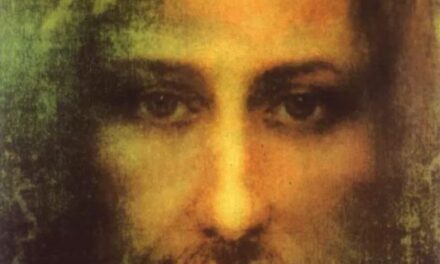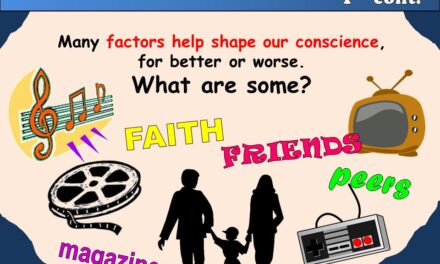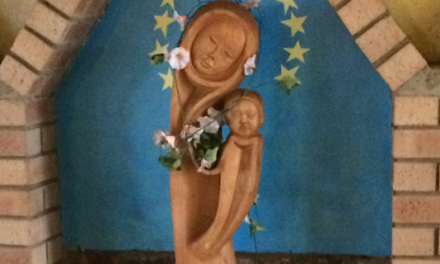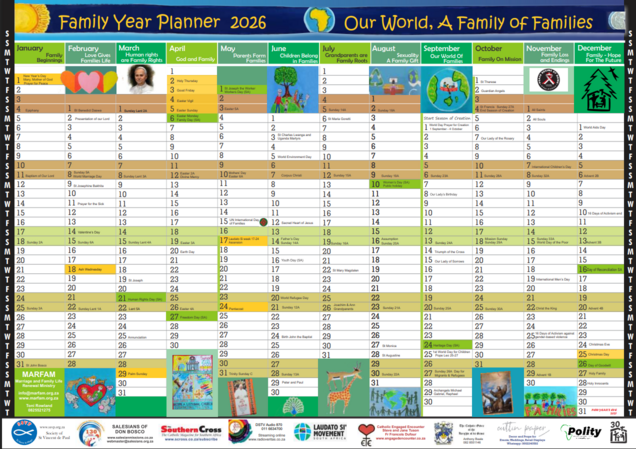Meditation reflections on the spirit of Ubuntu and Fraternity by Toni Rowland. MARFAM 2024.
Introduction. The late Anglican Archbishop Emeritus Desmond Tutu put it in a nutshell. “Ubuntu speaks of the very essence of being human. We say, ‘Hey, so-and-so has ubuntu.’ Then you are generous, hospitable, friendly, caring and compassionate. You share what you have. It is to say, ‘My humanity is inextricably bound up, in yours.’ We belong in a bundle of life. We say, ‘A person is a person through other persons.’ From No Future without Forgiveness. Ubuntu is African fraternity and synodality. Africans feel it in their bones, others have learned to understand it is akin to true discipleship, Jesus’ way.
In the more than 10 years of his papacy Pope Francis on numerous occasions called for peace in the world, prayed for peace, visited countries at war and met with leaders of Christian, Jewish, Muslim and other religions searching for a way of peace. In 2019, at a meeting he and the Grand Imam Ahmad Al-Tayyeb in Abu Dhabi, together formulated a declaration: Document on Human Fraternity for World Peace and Living Together. Its various statements all begin: “In the name of….. and invite all people of good will:
- In the name of God who has created all human beings equal in rights, duties and dignity and who has called them to live together as brothers and sisters, to fill the earth make known the values of goodness, love and peace.
- In the name of innocent human life, …..the poor,….. the destitute,…. orphans and widows,…. victims of war and many other aspects of human fraternity that embraces all human beings, unites them and renders them equal;
we declare the adoption of a culture of dialogue, mutual cooperation and reciprocal understanding. From Fratelli Tutti 285.
The spirit of synodality, our new way of thinking, features in this declaration which is not only a call to follow a leader but to become active sharers on the common journey. (The Synod on Synodality explores the way 2021-2024.)
Although we believe Jesus spent most of his life in fairly remote small towns the country of Israel at that time was in a state of political turmoil much as it is today. Are Jewish people still expecting a saviour who will be a liberator, or have they taken the matter into their own hands?
Imagine if Jesus lived in today’s world would he be living in Soweto, Khayelitsha, a village in Limpopo, one of our big inner cities or in a country such as Nigeria or Nicaragua, Iraq or Ireland or Mexico or Makwhakhwa? There are many “prophets” and powerful preachers today of all kinds of denominations and thousands of people flock to hear them. Are they promoting Jesus’ way, the way of mercy and love? Which nation today would recognise him, accept him, honour him as a leader for justice, or imprison and kill him as a revolutionary? As a leader would he welcome migrants and refugees or bar them from their midst? What is the impact of the prevailing culture of the power-hungry and of violence on all of creation and human interpersonal relationships? The reflections for Holy Week and Easter try to picture Jesus in a modern context. Quotations from the Songs of the Servant in Chapters 42, 49, 50 and 53 of Isaiah are used and it is valuable to read the Songs in full and reflect on their applicability then and now. Quotations from Pope Francis Laudato Si, Amoris Laetitia + Fratelli Tutti are used and these documents merit deeper reflection too. TR
March 24. PALM SUNDAY meditation, “Jesus today?” A strange thing happened. The Imbavati region had been in turmoil for months, faction fighting was the norm, every man carried his weapons with him and even women were armed against the risk of being attacked. Leaders had come and gone, some with their own private army seeking control and power. Other leaders had come from one faction or another but had not been able to bring the people together. Towns and villages lay devastated with fields untended as people fled in mistrust of one another. But quietly in a faraway corner of the land a group had been galvanised by a young preacher. He did not preach of wealth nor of revolution but of concern for others, universal peace not war, respect for life and property and acknowledgement that some greater being, whom he called Father, held their ultimate destiny in his hand as one people. Battle-weary and longing to live his way, a fraternal way of social friendship, somehow ready to share, people listened. More and more listened and as they lived their daily family lives in harmony their numbers grew. One day they gathered for a mass rally. Would they elect him as their leader? Would he take the throne? Would the whole nation be willing to be converted and follow him or were they too stuck in their traditional and ritualistic churchy ways?
Read, reflect, share and pray. The Lord God has given me the tongue of those who are taught that I may know how to sustain with a word him that is weary. Is 50:4 the 3rd Song of the Servant of the Lord. Pope Francis: We lack leadership capable of striking out on new paths. LS 53. Choose appropriate action.







Recent Comments